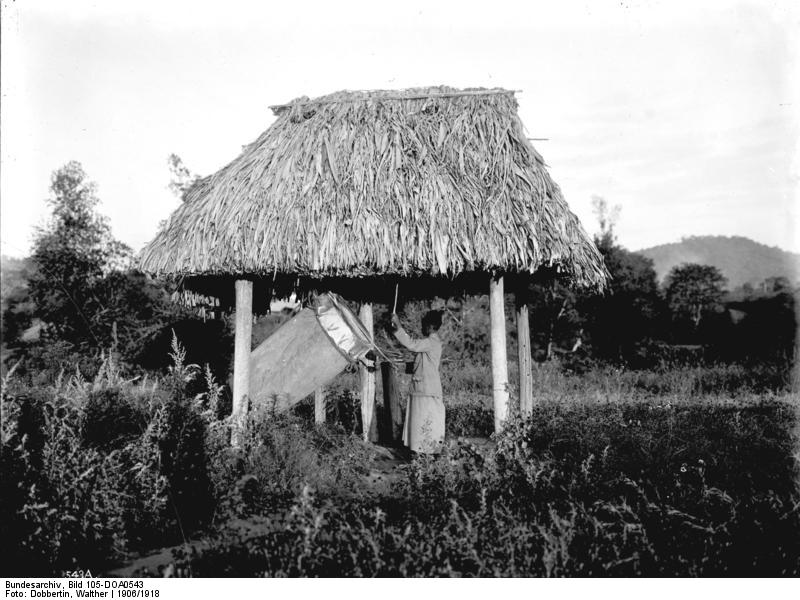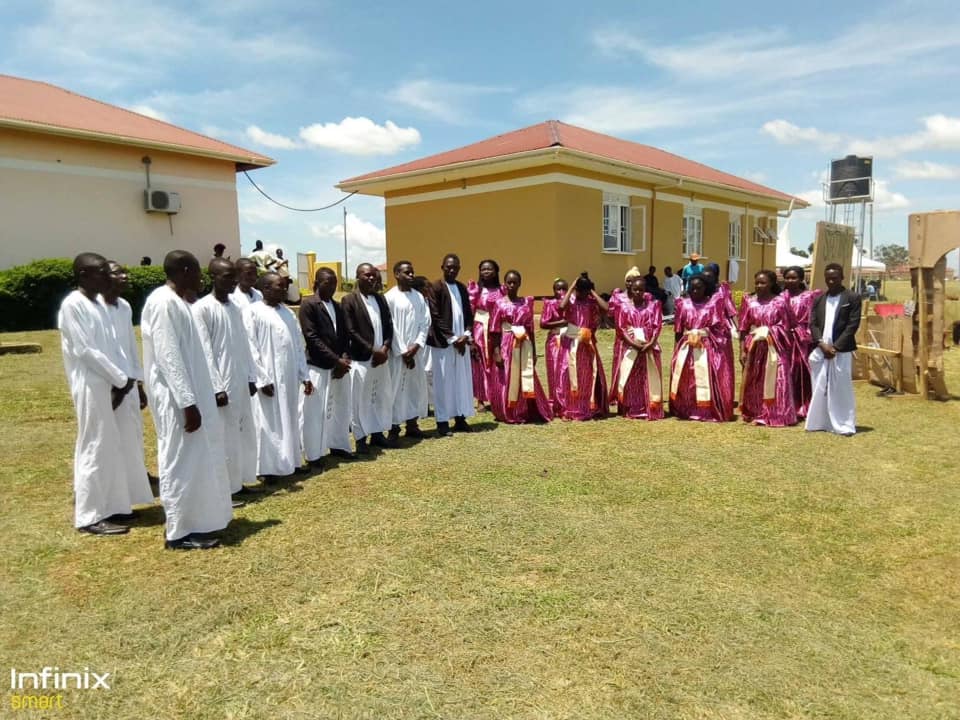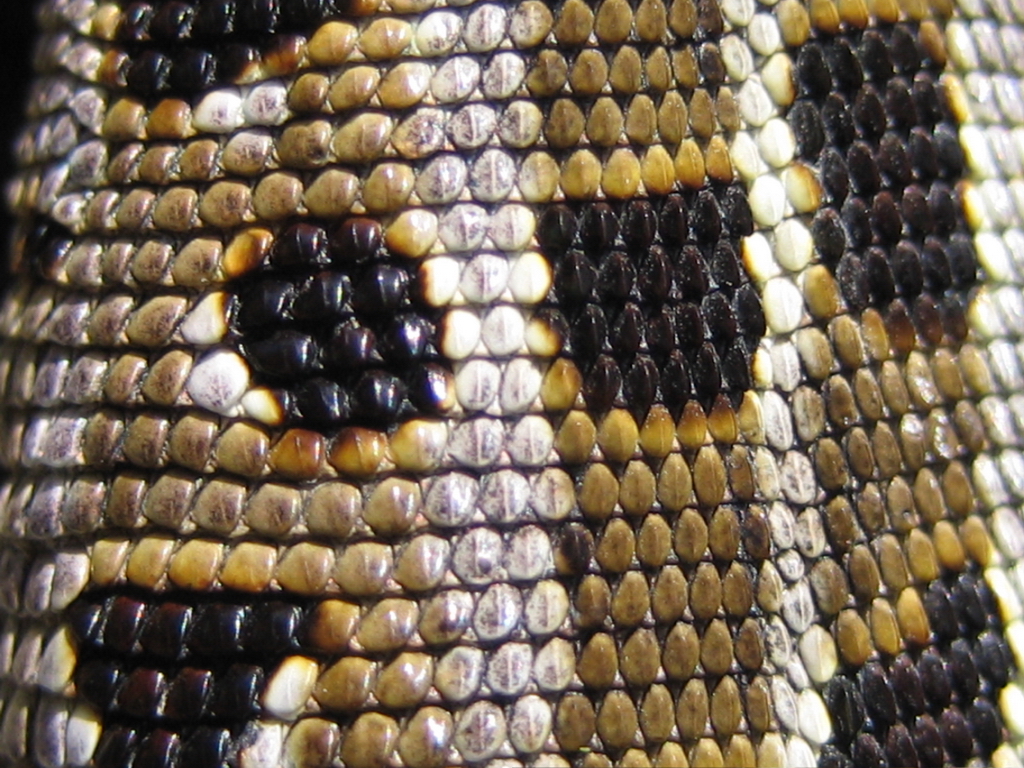|
Ngoma Drums
Ngoma (also called engoma or ng'oma or ingoma) are musical instruments used by certain Bantu populations of Africa. ''Ngoma'' is derived from the Kongo word for "drum". Different Bantu-inhabited regions have their own traditions of percussion, with different names for their instruments. In Kikongo, "ngoma" is used by extension to signify specific dances, social occasions, and rhythms. In Swahili, ''Ngoma music'' is used to describe music, dance, instruments including the drums, and events together as a joint cultural practice.. Use in the Great Lakes and Southern Africa The ngoma drum is known as ''engoma'' throughout the African Great Lakes region. In Swahili, ngoma resulted because of unease in pronouncing ''engoma'' by dropping the syllable ''e''. The Banyankore hold drums in high regard; especially the royal drums headed by ''Bagyendanwa'', without which a prince never laid claim to kingship. The Baganda of Uganda have a special relationship with ngoma drums, so much s ... [...More Info...] [...Related Items...] OR: [Wikipedia] [Google] [Baidu] |
Bundesarchiv Bild 105-DOA0543, Deutsch-Ostafrika, Ngoma-Schlagen
, type = Archive , seal = , seal_size = , seal_caption = , seal_alt = , logo = Bundesarchiv-Logo.svg , logo_size = , logo_caption = , logo_alt = , image = Bundesarchiv Koblenz.jpg , image_caption = The Federal Archives in Koblenz , image_alt = , formed = , preceding1 = , preceding2 = , dissolved = , superseding1 = , superseding2 = , agency_type = , jurisdiction = , status = Active , headquarters = PotsdamerStraße156075Koblenz , coordinates = , motto = , employees = , budget = million () , chief1_name = Michael Hollmann , chief1_position = President of the Federal Archives , chief2_name = Dr. Andrea Hänger , chief2_position ... [...More Info...] [...Related Items...] OR: [Wikipedia] [Google] [Baidu] |
Baganda People
The Ganda people, or Baganda (endonym: ''Baganda''; singular ''Muganda''), are a Bantu ethnic group native to Buganda, a subnational kingdom within Uganda. Traditionally composed of 52 clans (although since a 1993 survey, only 46 are officially recognised), the Baganda are the largest people of the bantu ethnic group in Uganda, comprising 16.5 percent of the population at the time of the 2014 census. Sometimes described as "The King's Men" because of the importance of the king, or Kabaka, in their society, the Ganda number an estimated 5.56 million in Uganda. In addition, there is a significant diaspora abroad, with organised communities in Canada, South Africa, Sweden, the United Kingdom, and the United States. Traditionally, they speak Luganda. History Early history The early history of the Ganda is unclear, with various conflicting traditions as to their origins. One tradition holds that they are descendants of the legendary figure of Kintu, the first human according to ... [...More Info...] [...Related Items...] OR: [Wikipedia] [Google] [Baidu] |
Akinsola Akiwowo
Kabiru Akinsola Olarewaju (born 21 January 1991 in Imo State), known as Akinsola, is a Nigerian footballer who plays as a forward. Club career On 6 January 2009, Étoile Sportive du Sahel announced the signing of 18-year-old Akinsola, who agree to a five-year deal at Stade Olympique de Sousse. However, his official debut was delayed due to the fact he was appearing at the African Youth Championship in Kigali. Akinsola apparently had plenty of suitors vying for his signature, but decided to link up with the Tunisians, joining countryman Emeka Opara. On 31 January, however, he changed clubs again, signing a 3+2 contract with Spain's UD Salamanca and appearing rarely over the course of two second division seasons, his first competitive appearance only taking place on 9 May due to bureaucratic problems; additionally, he spent several weeks on the sidelines with a thigh injury. In the summer of 2010, Akinsola stayed in Spain but dropped down to the third level, moving to Zamora CF. ... [...More Info...] [...Related Items...] OR: [Wikipedia] [Google] [Baidu] |
Drums Of Passion
''Drums of Passion'' is an album produced by Babatunde Olatunji, a percussionist from Nigeria, in 1960. It was the first recording to popularize African music in the West, becoming immensely successful and selling over five million copies. In 2002, it was released as a single layer stereo and 5.1 SACD by Columbia Records. In 2004 the album was added to the National Recording Registry. "Jin-Go-Lo-Ba" This was the most popular song on the album, and it sold millions of copies as a single. This simple exchange between the mother drum (iya ilu) and the baby drum omele became Babatunde's signature song. "Jin-Go-Lo-Ba" (or "Jingo") has been covered by Serge Gainsbourg, under the title "Marabout" and with no credit given to Olatunji, on his album ''Gainsbourg percussions'' (1964); by Santana on their first album '' Santana'', (1969); by James Last on his album ''Voodoo-Party'' (1971); by Pierre Moerlen's Gong on the album '' Downwind'' (1979); by Candido Camero on his 1979 album ''Danc ... [...More Info...] [...Related Items...] OR: [Wikipedia] [Google] [Baidu] |
Lizard
Lizards are a widespread group of squamate reptiles, with over 7,000 species, ranging across all continents except Antarctica, as well as most oceanic island chains. The group is paraphyletic since it excludes the snakes and Amphisbaenia although some lizards are more closely related to these two excluded groups than they are to other lizards. Lizards range in size from chameleons and geckos a few centimeters long to the 3-meter-long Komodo dragon. Most lizards are quadrupedal, running with a strong side-to-side motion. Some lineages (known as " legless lizards"), have secondarily lost their legs, and have long snake-like bodies. Some such as the forest-dwelling ''Draco'' lizards are able to glide. They are often territorial, the males fighting off other males and signalling, often with bright colours, to attract mates and to intimidate rivals. Lizards are mainly carnivorous, often being sit-and-wait predators; many smaller species eat insects, while the Komodo eats mammals as ... [...More Info...] [...Related Items...] OR: [Wikipedia] [Google] [Baidu] |
Zebra
Zebras (, ) (subgenus ''Hippotigris'') are African equines with distinctive black-and-white striped coats. There are three living species: the Grévy's zebra (''Equus grevyi''), plains zebra (''E. quagga''), and the mountain zebra (''E. zebra''). Zebras share the genus ''Equus'' with horses and asses, the three groups being the only living members of the family Equidae. Zebra stripes come in different patterns, unique to each individual. Several theories have been proposed for the function of these stripes, with most evidence supporting them as a deterrent for biting flies. Zebras inhabit eastern and southern Africa and can be found in a variety of habitats such as savannahs, grasslands, woodlands, shrublands, and mountainous areas. Zebras are primarily grazers and can subsist on lower-quality vegetation. They are preyed on mainly by lions, and typically flee when threatened but also bite and kick. Zebra species differ in social behaviour, with plains and mountain zebra ... [...More Info...] [...Related Items...] OR: [Wikipedia] [Google] [Baidu] |
Uganda
}), is a landlocked country in East Africa. The country is bordered to the east by Kenya, to the north by South Sudan, to the west by the Democratic Republic of the Congo, to the south-west by Rwanda, and to the south by Tanzania. The southern part of the country includes a substantial portion of Lake Victoria, shared with Kenya and Tanzania. Uganda is in the African Great Lakes region. Uganda also lies within the Nile basin and has a varied but generally a modified equatorial climate. It has a population of around 49 million, of which 8.5 million live in the capital and largest city of Kampala. Uganda is named after the Buganda kingdom, which encompasses a large portion of the south of the country, including the capital Kampala and whose language Luganda is widely spoken throughout the country. From 1894, the area was ruled as a protectorate by the United Kingdom, which established administrative law across the territory. Uganda gained independence from the UK o ... [...More Info...] [...Related Items...] OR: [Wikipedia] [Google] [Baidu] |



